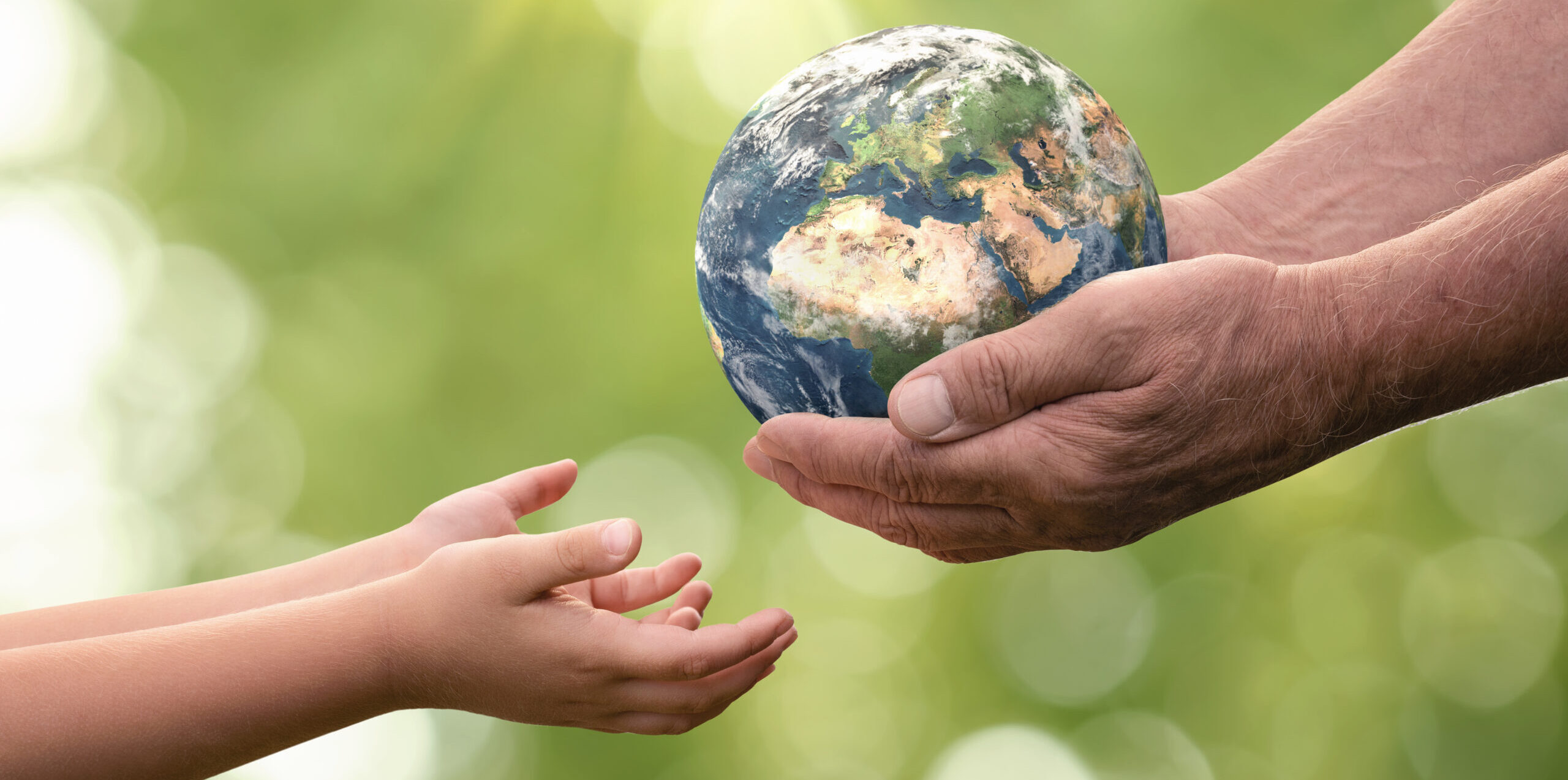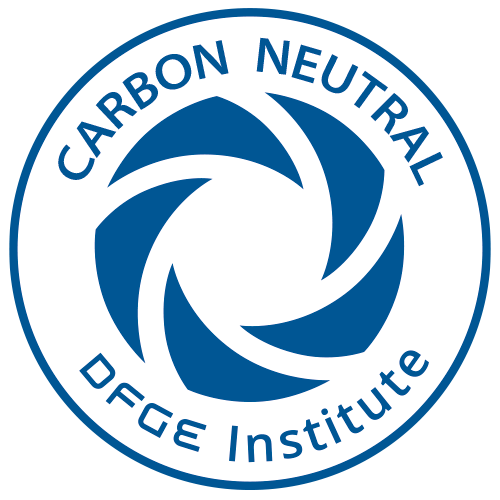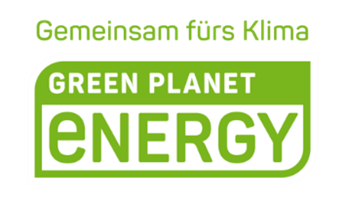
Sustainability
For us, sustainability means implementing a responsible approach to all resources in our actions so that the livelihoods of future generations are permanently preserved.
Optima Group has made the various aspects of sustainability integral parts of the corporate strategy and our daily business activities.

Climate protection
The main cause of global warming is the emission of greenhouse gases caused by humans since industrialisation. The concentration of carbon dioxide in the atmosphere has never been as high as it is today. This has devastating consequences for the environment, animals and people and threatens our livelihoods.
Tackling the climate crisis is the main task of our time. Keeping global warming below the critical 1.5 degrees Celsius requires swift and decisive action.
We are signatories to the statement by companies for more climate protection #EntrepreneursForFuture and stand behind the Paris Climate Agreement.
Climate neutrality
Climate neutrality has been part of our corporate goals for many years. The climate neutrality of the Optima Group was initially certified already in 2014.
Our climate strategy: Climate neutrality on a scientific basis.
In close cooperation with specialists of DFGE (Institute for Energy, Ecology and Economy), we calculate the Corporate Carbon Footprint every year. This involves recording all relevant greenhouse gas emissions that are attributable to our business activities: Direct and indirect emissions (Scope 1 and 2) as well as emissions that occur along the value chain (Scope 3).

On the one hand, targets are set and savings potentials are identified, and measures to reduce avoidable greenhouse gas emissions are defined for the future.
On the other hand, the compensation of unavoidable greenhouse gas emissions is initiated through the purchase and retirement of emission certificates from internationally recognised climate protection projects: Confirmation
Responsible corporate governance
The United Nations Global Compact is a strategic initiative for companies that commit to aligning their business activities and strategies with ten universally recognised principles in the areas of human rights, labour standards, environmental protection, and anti-corruption. In this way, business, as an important driving force of globalisation, can contribute to ensuring that the development of markets and trade relations, of technologies and finance benefits all economic areas and societies.
Human Rights
Principle 1: Companies should support and respect the protection of internationally proclaimed human rights.
Principle 2: Be sure that they are not complicit in human rights abuses.
Labour
Principle 3: Companies should uphold the freedom of association and the effective recognition of the right to collective bargaining.
Principle 4: The elimination of all forms of forced and compulsory labour.
Principle 5: The effective abolition of child labour.
Principle 6: The elimination of discrimination in respect of employment and occupation.
Environment
Principle 7: Companies should support a precautionary approach to environmental challenges.
Principle 8: Undertake initiatives to promote greater environmental responsibility.
Principle 9: Encourage the development and diffusion of environmentally friendly technologies.
Anti-Corruption
Principle 10: Companies should work against corruption in all its forms, including extortion and bribery.
We joined the Global Compact Initiative in 2014. Our annual sustainability reports are published on the United Nations Global Compact website:
Value chain
Compliance with our environmental and social standards is naturally also demanded in our supplier network. Within the scope of our business relationship, our mandatory sustainability standards must be recognised by suppliers:
Additional actions
Only materials with FSC (Forest Stewardship Council) certification are used for the packaging of our products.
For investments and financial assets of the Optima Group, we have decided to take the Fossil Free Campaign as a model and adopt its main guidelines:
- Divestment: no investments in fossil energy.
- Desponsor: no sponsorship of fossil energy companies, no share ownership.
Our company has been working with an electricity mix from 100% renewable sources since 2017.

Commitment
Reforestation
Forests play an important role in climate protection. When trees grow, they absorb carbon dioxide (CO²) from the atmosphere and bind it in their biomass, thus reducing the CO² content in the atmosphere. Because carbon dioxide, as the most important greenhouse gas, is the main cause of global warming, the United Nations recommends reforestation as a key strategy in the fight against climate change.
With our commitment, we want to contribute to sustainable climate protection:
In the meantime, we have facilitated the planting of over 100,000 trees by the organisations Plant-for-the-Planet and Bergwaldprojekt eV.

-
The consequences of climate change affect the poorest areas of the world the most.
Since 2019, we have also been supporting the aid organisation World Vision in disseminating the FMNR (Farmer Managed Natural Regeneration) method, for the development of which Tony Rinaudo was awarded the Right Livelihood Award ("alternative Nobel Prize").
Regenerative reforestation serves, among other things, climate protection and protection against further desertification in the Sahel. Above all, however, it helps to fight hunger and poverty by improving crop yields and even mitigating droughts.
More information about FMNR (Farmer Managed Natural Regeneration) - german
With the help of our support, natural regeneration in Africa is made possible in several projects using FMNR.
Project information:
- Kenya
- Senegal

